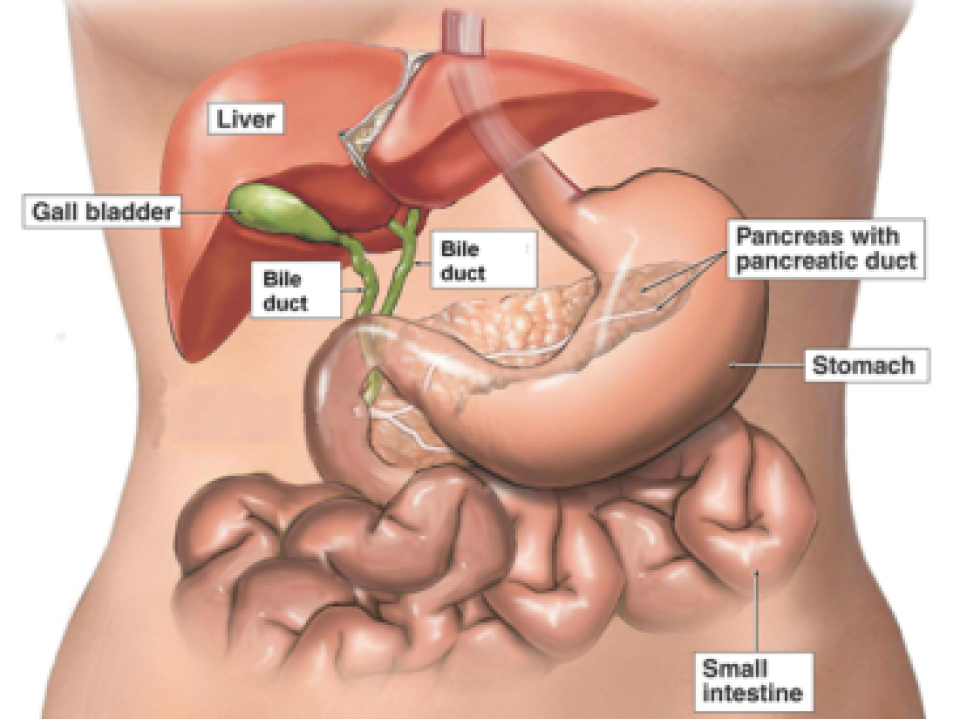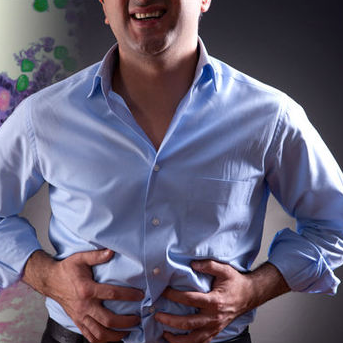What you need to know about Bile Duct Cancer Treatment
Contents
- 1 What you need to know about Bile Duct Cancer Treatment
- 2 What does the Procedure Involve?
- 3 How Long Should I Stay at my Destination?
- 4 What’s the Recovery Time?
- 5 What About Aftercare?
- 6 What’s the Success Rate?
- 7 Are there Alternatives to Bile Duct Cancer Treatment?
- 8 What Should You Expect Before and After the Procedure
Bile duct cancer, or cholangiocarcinoma, is a rare type of cancer that forms in the bile ducts, which is the slender tubes that carry digestive fluid bile. The tubes connect the liver to the gallbladder and to the small intestine.
Different treatment options are available for patients with bile duct cancer. There are currently three types of standard treatment used, including surgery, radiation therapy, and chemotherapy. However, several other types of treatment are also available, such as liver transplant, photodynamic therapy, and biliary drainage. The type of treatment you will undergo depends on the size and exact location of cancer.

What does the Procedure Involve?
Surgery
Surgery is performed to remove as much of the tumor as possible and some surrounding healthy tissue. There are several types of surgery to treat bile duct cancer, depending on the location of cancer.
-
Surgical removal of the bile duct – during this surgery, your surgeon removes the entire bile duct. This procedure is performed if the tumor is small and located only in the bile duct. It may also involve the removal of lymph nodes to check for cancer.
-
Partial hepatectomy – this procedure is performed when the cancer is found near the liver. It involves removing part of the liver where cancer is found. The part of the liver removed maybe a wedge of tissue or a bigger part of the liver and some normal tissue that surrounds it.
-
Whipple procedure – this is an extensive surgery in which your surgeon removes part or all of the pancreas, along with part of the bile duct, small intestine, and stomach. This procedure is only recommended if the cancer is located near the pancreas.
Radiation therapy
In radiation therapy, a high energy beam, such as X-rays or other particles, is used to destroy cancer cells. This type of treatment may involve inserting radioactive material inside your body near the location of cancer (brachytherapy) or use a special machine that can direct radiation beams at your body (external beam radiation).
Chemotherapy
Chemotherapy is a type of cancer treatment that uses drugs to destroy cancer cells, usually by keeping the cancer cells from dividing, growing, and making more cells. There are several ways chemotherapy can be delivered. The most common ways include placing an intravenous (IV) tube into a vein using a needle or taking chemotherapy pills/capsules by mouth (orally).
Liver transplant
A liver transplant may be used when your bile duct cancer leads out to the liver and join with the gallbladder (hilar cholangiocarcinoma). During a liver transplant, your surgeon removes your liver and replaces it with one from a donor. However, since bile duct cancer tends to recur after transplantation, this procedure is rarely performed.
How Long Should I Stay at my Destination?
The type of treatment you have will determine your length of stay in the local area. After surgical procedures, you may need to stay in the hospital for 5 to 10 days. Therefore, expect to stay in the country for at least 14 days or longer. For therapy, your length of stay depends on your treatment schedule/cycle. Your cancer team and/or medical travel team will be able to give you the details.
What’s the Recovery Time?
Recovery time can be different for everyone. In general, it may take at least 14 days until you can resume some light activities after surgical procedures. You should avoid any strenuous activities, including heavy lifting, for at least 6 weeks after surgery. The recovery time for therapies varies a lot. Some people can get back to work after a day or two, while others may take longer. You should ask your employer to adjust your schedule during your cancer treatment.
What About Aftercare?
Your medical team will give you aftercare instructions. The instructions may include recommended diet, exercise you can do, restrictions, how to care for your wounds (for surgical procedures), and how to manage side effects. You must follow everything your doctor tells you to avoid any complications.
Once your treatment is complete, you may need to attend regular checkups to ensure that cancer has not returned.
What’s the Success Rate?
Bile duct cancer treatment is generally safe and effective. However, about 5 to 10% of people who had Whipple procedures do not survive. The other types of treatment carry some potential risks as well, such as bleeding, blood clots, infection, and liver failure, bile leaking into the abdominal cavity, pneumonia, hair loss, appetite loss, nausea, and vomiting.
Are there Alternatives to Bile Duct Cancer Treatment?
Some people with bile duct cancer choose to take part in a clinical trial, which is a carefully controlled research done to study promising new treatments. There are also palliative treatments for bile duct cancer. Palliative care focus on relieving your symptoms, such as stent placement and surgical bypass to treat blocked bile duct. However, palliative treatments can also be done along with standard treatments.
What Should You Expect Before and After the Procedure
Bile duct cancer can be dangerous and causes uncomfortable symptoms. The cancer cells may also spread to other parts of your body. After bile duct cancer treatment, the symptoms should be relieved and the cells should be destroyed so they cannot grow, divide, or spread. In many cases, you may be put into remission, meaning no cancer cells are found in your body after successful treatment.
For an in-depth analysis of Bile Duct Cancer Treatment, watch this short video.
To check prices or to book a Bile Duct Cancer Treatment, in Thailand or anywhere else in the world, head on over to MyMediTravel now!

